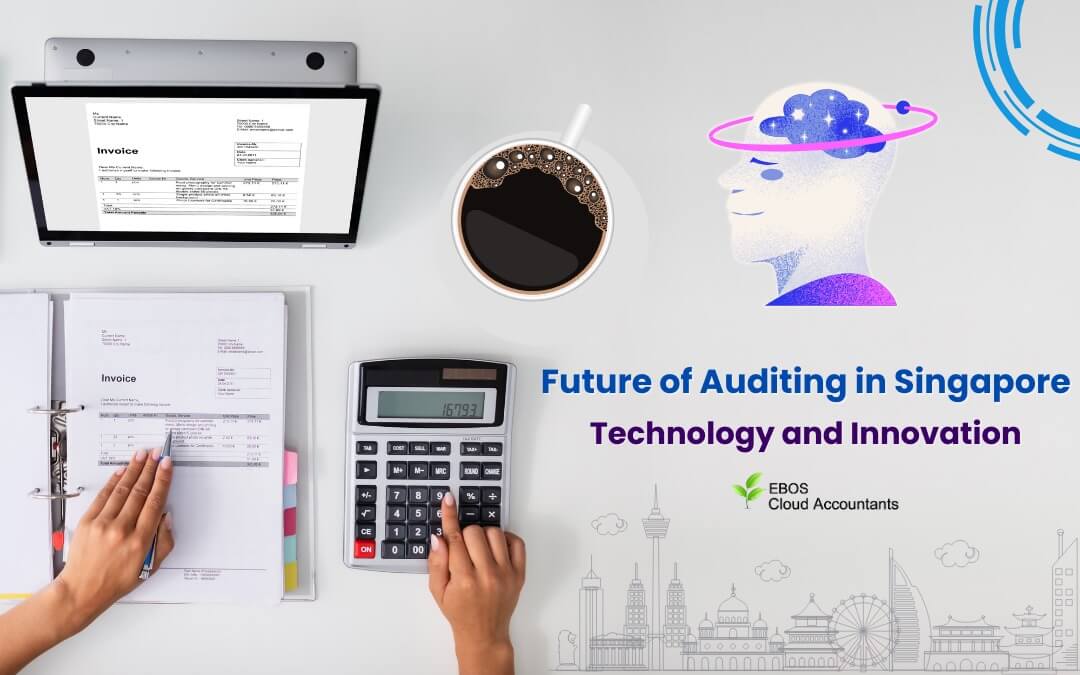Singapore, officially known as the Republic of Singapore, is a city-state and island nation in maritime Southeast Asia. The country consistently ranks well in global ease of doing business ratings, thanks to its simplified administrative procedures, decreased bureaucracy, and excellent government services.
Furthermore, Singapore is known for its strong regulatory structure and rigorous auditing standards, which contribute to its reputation as a trustworthy and reliable corporate destination. As auditing’s future evolves, technology and innovation will play an increasingly important role.
In this article, we will explore how technology and innovation are shaping the future of auditing in Singapore.
Automation of Routine Tasks
Advanced technologies like robotic process automation (RPA) and machine learning allow auditors to automate repetitive operations like data entry, reconciliation, and sampling. This automation frees up auditors’ time to focus on more valuable tasks like data analysis and risk assessment.
Furthermore, automating mundane work allows auditors to focus on strategic analysis and critical thinking, which improves audit quality. Predictive Risk Assessment: AI’s predictive skills enable us to anticipate risks before they occur.
Using Data Analytics
Auditors can employ data analytics tools to quickly and efficiently examine massive volumes of financial and non-financial data. Data analytics approaches enable auditors to detect patterns, anomalies, and trends that may signal possible risks or opportunities, resulting in more informed audit findings and recommendations.
Furthermore, with the increasing amount of data in company today, data analytics can be utilized as an audit approach to better understand and evaluate enormous volumes of data. With a more in-depth understanding of the entity’s business, the auditor can focus on topics of greater audit interest.
Blockchain Technology
Blockchain technology allows for increased audit trail transparency, transaction verification, and fraud detection. Blockchain allows auditors to trace transactions and verify the validity and integrity of financial data, lowering the risk of fraud and error.
Blockchain technology can help with Know Your consumer (KYC) compliance by providing a secure, decentralized, and tamper-proof platform for gathering, storing, and exchanging consumer identity information. Financial institutions that use blockchain-based KYC solutions can lower the cost and complexity of compliance while boosting the integrity and completeness of customer data.
Cybersecurity and Data Privacy
With the increased digitization of audit processes and data, cybersecurity and data privacy concerns are critical. Auditors must put in place strong cybersecurity and data protection processes to preserve sensitive audit material and maintain regulatory compliance.
Cyber-crimes are no longer a distant possibility; they are a real and growing concern. Cyber threats have a wide-ranging impact, from ransomware attacks that can cripple an organization’s operations to data breaches that can cause considerable financial and reputational damage.
In Summary
Overall, technology and innovation are driving revolutionary changes in Singapore’s auditing methods, allowing auditors to execute more efficient, effective, and insightful audits that satisfy stakeholders’ changing expectations in an increasingly digital and data-driven business landscape.
Furthermore, the future of auditing in Singapore will be defined by increased dependence on technology, data analytics, and proactive risk management approaches, as well as a stronger emphasis on sustainability, transparency, and stakeholder engagement.
So, if you are having audit issues. Don’t try to navigate them alone. Our expert team is available to assist. Contact us immediately to discuss your auditing requirements.







